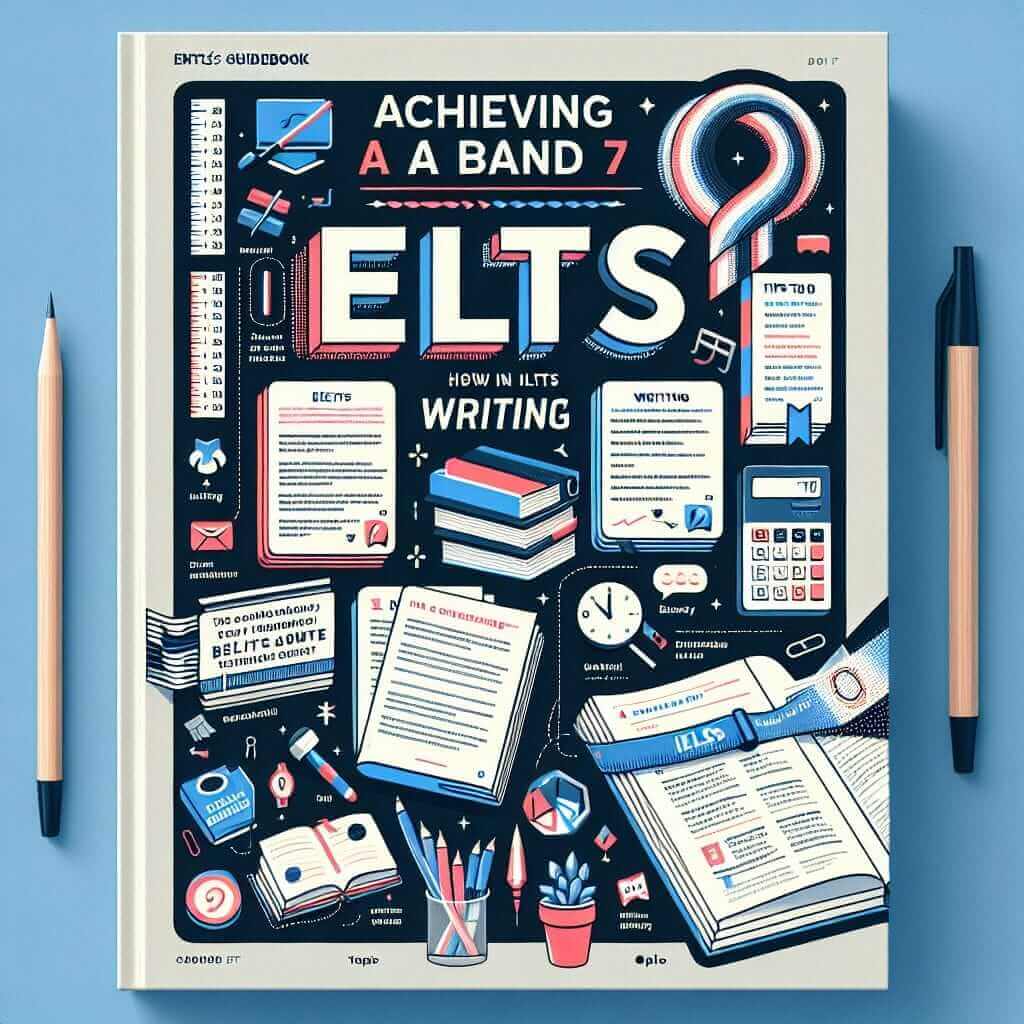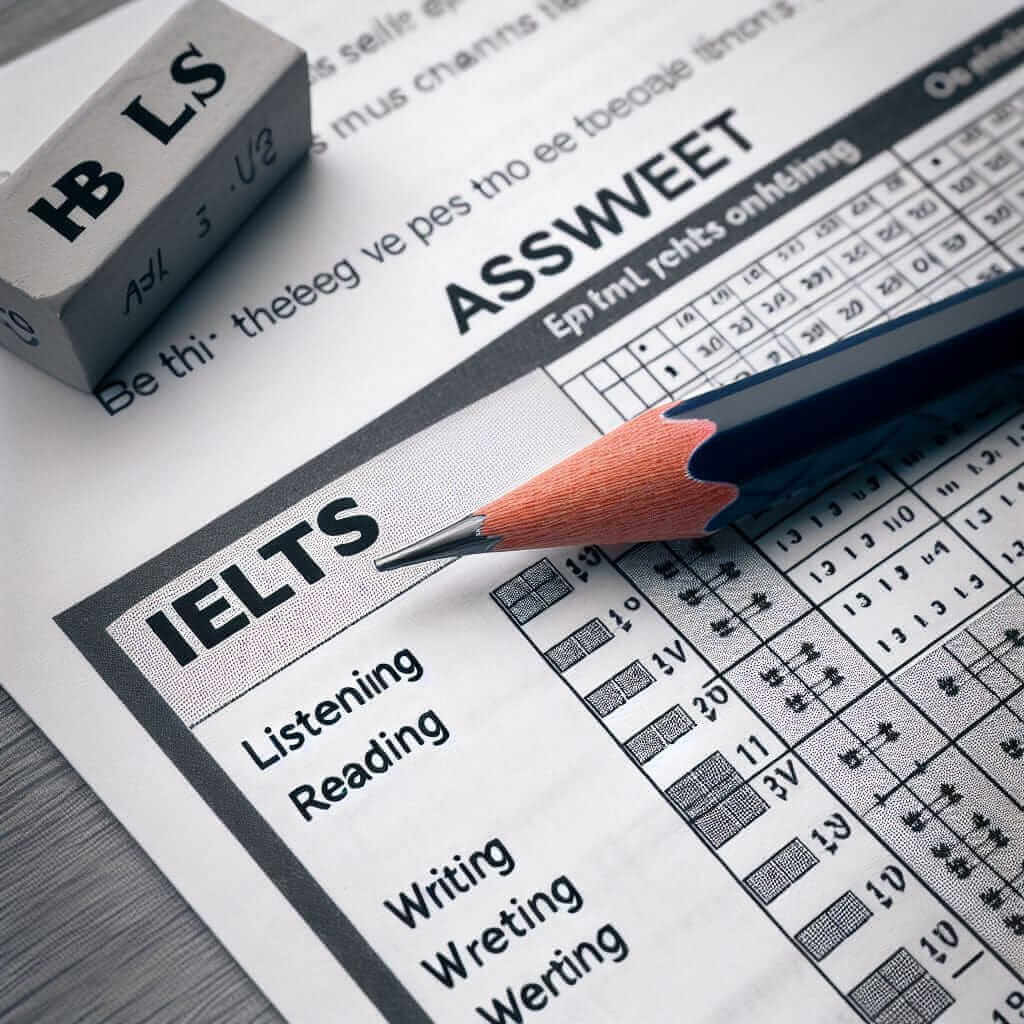For those aspiring to attain a Band 7 in the IELTS Writing test, understanding the scoring criteria and mastering key writing techniques are paramount. As an IELTS instructor with over two decades of experience, I’ve witnessed firsthand the strategies that lead to success in this section. This comprehensive guide will delve into the essential elements needed to elevate your writing skills and confidently achieve your target score.
Understanding the IELTS Writing Band 7 Descriptors
To effectively target a Band 7, you must first grasp what constitutes this score level. The official IELTS band descriptors highlight four key assessment areas:
1. Task Response: This measures how thoroughly and relevantly you address the task requirements. A Band 7 response will:
* Fully address all parts of the task.
* Present a clear position throughout the essay.
* Develop and support your ideas with relevant examples and evidence.2. Coherence and Cohesion: This assesses your ability to logically organize your writing and connect ideas seamlessly. A Band 7 essay will demonstrate:
* A clear central topic in each paragraph.
* Effective use of linking words and phrases to show the relationship between ideas.
* A logical progression of ideas throughout the essay.3. Lexical Resource: This refers to your range and accuracy of vocabulary. To achieve a Band 7, your writing should exhibit:
* A wide range of vocabulary used appropriately and accurately.
* Flexible use of vocabulary to avoid repetition.
* Accurate spelling and word formation.4. Grammatical Range and Accuracy: This criterion evaluates your mastery of grammatical structures. A Band 7 response will showcase:
* A wide range of grammatical structures used accurately.
* Minimal grammatical errors.
* Accurate punctuation.Practical Steps to Reach a Band 7
Now that you understand the assessment criteria, let’s explore actionable strategies to enhance your writing:
1. Master Time Management
Allocate your time wisely:
- Task 1 (20 minutes): Aim for a minimum of 150 words. Spend a few minutes analyzing the data and planning your response before you start writing.
- Task 2 (40 minutes): Aim for a minimum of 250 words. Invest time brainstorming ideas and structuring your essay.
2. Analyze the Task Requirements
Before you begin writing, dissect the question prompt carefully. Identify keywords, action verbs (e.g., “discuss,” “compare,” “analyze”), and ensure you understand the specific task requirements.
3. Structure Your Essay Effectively
Follow a clear and logical structure for both Task 1 and Task 2:
Task 1 (Report/Letter):
- Introduction: Paraphrase the task and provide an overview of the key trends or features presented.
- Body Paragraph(s): Describe the most significant information, using data to support your points.
- (Optional) Conclusion: Summarize the main findings (if time allows).
Task 2 (Essay):
- Introduction: Introduce the topic, state your position, and briefly outline your main points.
- Body Paragraphs (2-3): Develop your arguments with supporting evidence and examples.
- Conclusion: Restate your main points and provide a concluding statement.
4. Enhance Your Vocabulary
- Read Widely: Exposure to a variety of English texts will naturally expand your vocabulary.
- Learn Synonyms and Paraphrasing: Avoid repetition by using synonyms and different grammatical structures to convey similar ideas.
- Keep a Vocabulary Notebook: Jot down new words and phrases, along with their definitions and example sentences.
5. Practice Grammar Regularly
- Identify Your Weak Areas: Focus on grammar points that you find challenging (e.g., tenses, articles, prepositions).
- Use Grammar Books and Online Resources: Utilize grammar exercises and quizzes to improve your accuracy.
- Get Feedback from a Teacher or Tutor: Personalized feedback can help you pinpoint and correct your mistakes.
6. Refine Your Writing Style
- Use Formal Language: Avoid slang, contractions, and informal expressions.
- Vary Your Sentence Structure: Mix simple, compound, and complex sentences to make your writing more engaging.
- Use Transition Words Effectively: Connect your ideas smoothly with transition words and phrases (e.g., “however,” “in addition,” “furthermore”).
Example: Task 2 Essay Prompt
“Some people believe that the best way to improve road safety is to increase the minimum legal age for driving. To what extent do you agree or disagree?”
Band 7 Essay Outline:
Introduction:
- Paraphrase the prompt: The essay will discuss whether raising the driving age is the most effective method to enhance road safety.
- State your position: While raising the driving age might offer some benefits, I disagree that it is the most effective solution.
Body Paragraph 1:
- Acknowledge the argument for raising the driving age: Younger drivers statistically have higher accident rates due to lack of experience and maturity.
- Counter-argument: Focusing solely on age neglects other crucial factors influencing road safety, such as driver education, road infrastructure, and law enforcement.
Body Paragraph 2:
- Alternative solutions: Implement comprehensive driver education programs that emphasize hazard perception, risk assessment, and responsible driving habits.
- Support: Studies show that comprehensive driver training significantly reduces accidents among new drivers.
<  IELTS Writing Band 7 Tips >
IELTS Writing Band 7 Tips >
Conclusion:
- Restate your position: While raising the driving age might seem like a straightforward solution, a multi-faceted approach that addresses other critical factors is more likely to yield significant improvements in road safety.
Final Tips for Success
- Practice Regularly: The more you write, the more comfortable you’ll become with the format and timing of the test.
- Seek Feedback: Ask an experienced IELTS instructor or tutor to assess your writing and provide constructive criticism.
- Review Sample Essays: Analyze Band 7+ essays to understand the key characteristics and techniques used.
- Believe in Yourself: Confidence is key! Approach the writing test with a positive attitude and a belief in your abilities.
Remember, achieving a Band 7 in IELTS Writing requires dedicated effort, consistent practice, and a focused approach. By understanding the assessment criteria, implementing the strategies outlined in this guide, and seeking expert feedback, you can significantly improve your writing skills and achieve your desired score.


